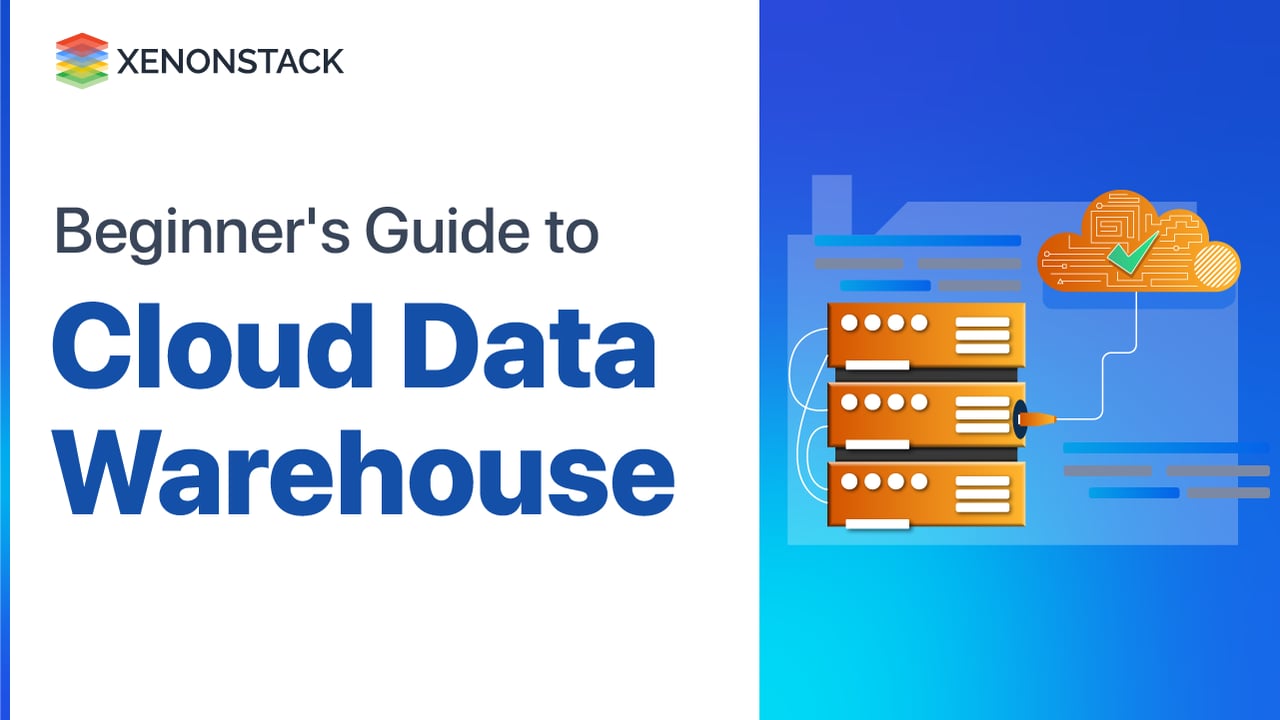
With the Ultimate increase in modern-day cloud infrastructure, many databases, Marketing applications, and ERPs have moved to the cloud. Thus, almost all business-critical data is now in the cloud. Companies need a data warehouse that seamlessly stores the data from all the cloud-based applications. This is where the Cloud Data Warehouse comes into the picture.
Robust Solutions are required for managing and analyzing large quantities of data across organizations and data-driven companies.
Explore Cloud Data Warehouse Solutions and Services
What is a Cloud Data Warehouse?
A cloud data warehouse is a repository that stores current and historical information collected over time. It is designed to give a long-range view of data over time, thus making it a core component of business intelligence. It is a Relational Database Management System (RDBMS) that allows SQL-like queries to be run on the information it contains.
A cloud data warehouse delivers swiftness and agility, provides value in minutes rather than months, and can be scaled up or down as needed. The existing data warehouses need to be remodelled by moving to the cloud to continue being part of modern data systems and analytics.
Why do you need a Cloud Data Warehouse?
In today's modernized world, many businesses and industries must analyze the data on a massive scale and in real-time. There may be some service providers that use real-time and ongoing data to adjust the prices dynamically throughout the day.
Insurance companies use real-time data to track policies, payroll, sales, and other activities. Data warehouses make this possible.
A cloud data warehouse caters to us with the following capabilities.
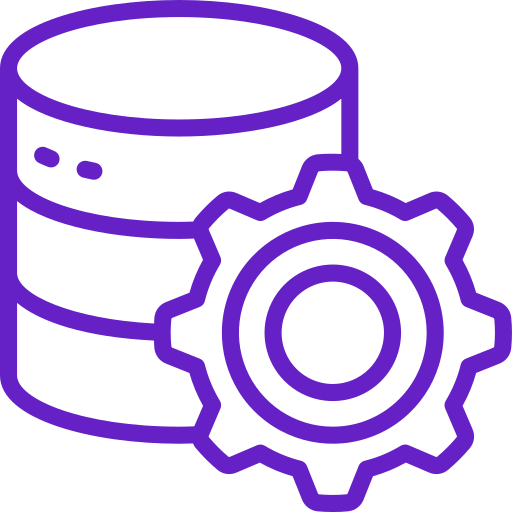
Data Storage and Management
Real-time data is stored in a cloud-hosted file system, such as S3
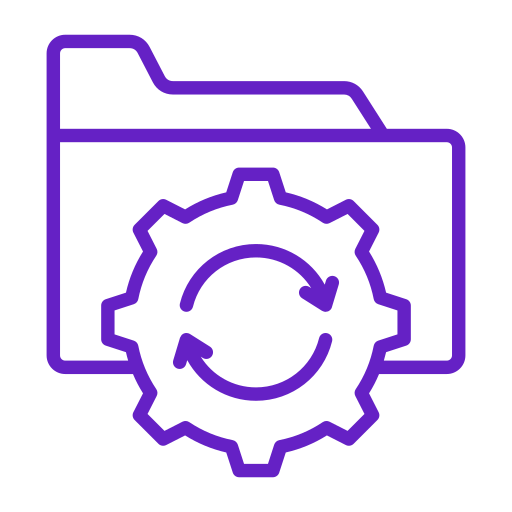
Automatic Version Upgrades
The system automatically updates to the latest version without manual intervention
Traditional Data Warehouse vs Cloud Data Warehouse
A traditional Data Warehouse is a domestic or localized one installed or located at the organization. The organization or the companies need to purchase the required hardware, such as servers, etc., by themselves, and thus, this requires human resources and time.
Besides this, the organization will require a separate staff to manage this traditional data warehouse; scaling this warehouse would also take time as you need to buy, ship, and install all the new hardware.
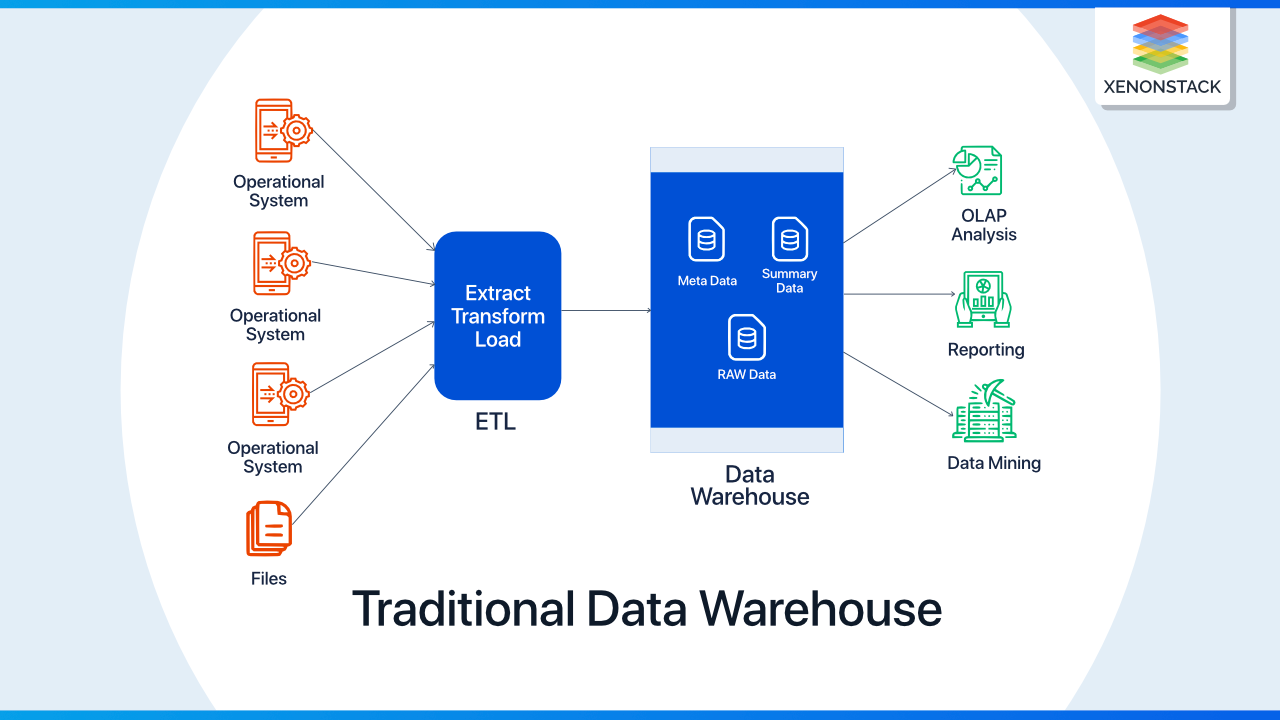
As its name suggests, Cloud Data Warehouse is a Data Warehouse solution available on the cloud. Organizations or companies don't have to have hardware or worry about maintaining it.
3rd party Cloud Data Warehouse providers manage the scalability, maintenance, and hardware updates. Some of the most common ones are Google, Snowflake, etc. Organizations can easily integrate the warehouses with other platforms, such as SaaS and other Business Analytics tools, as the data is available on the cloud.
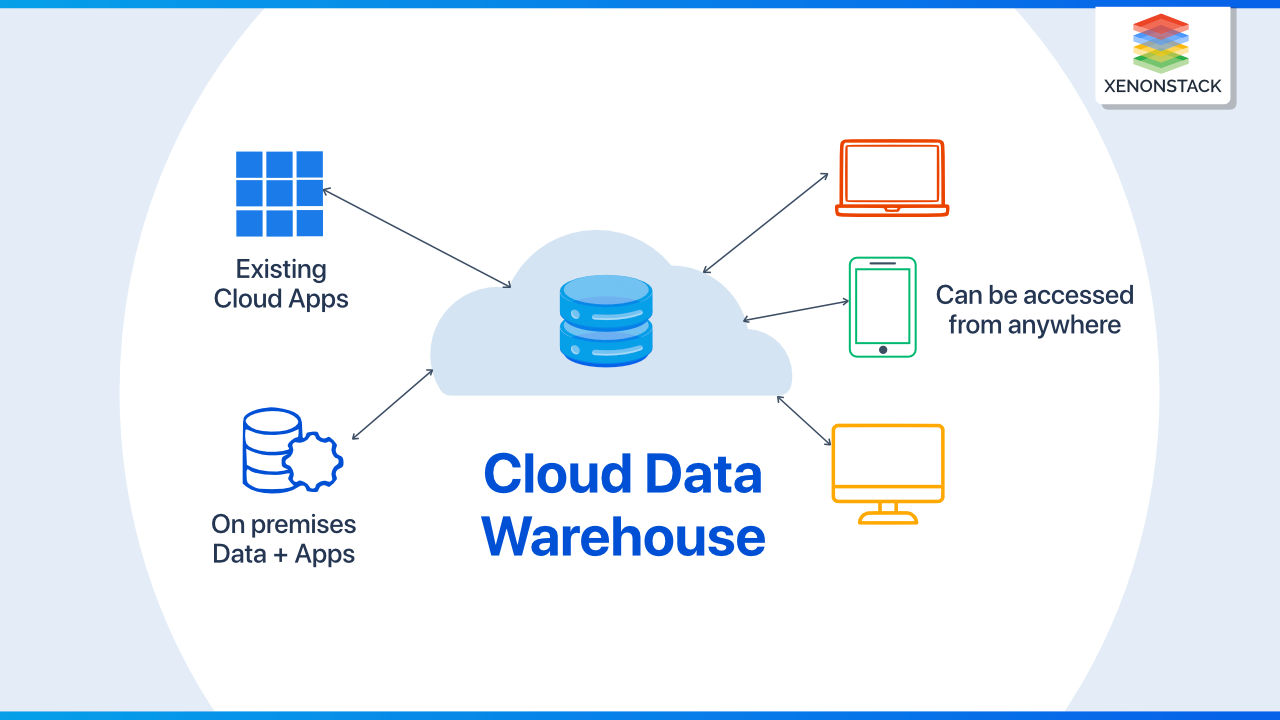
How do you choose the right Cloud Data Warehouse?
Selecting the right cloud-based data warehouse solution is crucial for organizations looking to enhance their data management and analytics capabilities. Here are key factors to consider when making your choice:
-
Assess Your Data Needs and Use Cases: Evaluate your organization's specific data requirements and how you intend to use the data warehouse. Consider factors such as the types of data you'll be storing (structured vs. semi-structured), the volume of data, and the analytical needs of different departments within your organization. This assessment will help you identify which features are essential for your operations
-
Evaluate Scalability and Performance: Look for a solution that offers robust scalability options to accommodate future growth. The ability to scale resources up or down based on demand is a significant advantage of cloud data warehouses. Additionally, assess the performance capabilities of the platform, including query optimization and processing speed, to ensure it can handle your operational needs efficiently
-
Consider Security and Compliance: Security is paramount when handling sensitive data. Choose a cloud data warehouse that meets your security requirements, including encryption standards for data at rest and in transit, access control mechanisms, and compliance with relevant regulations (e.g., GDPR, HIPAA). Understanding how each provider handles security configurations is essential to protect your data
-
Review Cost Structures and Vendor Support: Analyze the pricing models of different cloud data warehouse solutions, as costs can vary significantly based on usage patterns, storage needs, and additional features. Look for transparent pricing structures that align with your budget and expected usage. Additionally, consider the level of support offered by the vendor, including documentation, customer service responsiveness, and community resources
By carefully evaluating these factors, organizations can select a cloud-based data warehouse solution that aligns with their goals and effectively supports their data-driven initiatives.
Use Cases of Cloud Data Warehouse
The data warehouse is ideal for storing and centralizing information about your organization and its customers, business process metrics, and products. Also, it has many uses in various mind-boggling ways. Some of them include:

Real-Time Analytics
Cloud data warehouses allow organizations to analyze data instantly, providing immediate insights for swift decision-making in response to market changes or operational challenges

Data Consolidation
They enable the integration of data from various siloed sources, such as CRM platforms and social media, creating a unified data view that supports comprehensive analysis and informed business strategies

Predictive Analytics & ML
Organizations can utilize the computational power of cloud data warehouses to implement machine learning models and conduct predictive analytics, helping to forecast trends and enhance customer targeting

Scalable Data Storage
Cloud data warehouses offer scalable storage solutions that adapt to growing data volumes, allowing organizations to manage their data efficiently while minimizing infrastructure costs
Benefits of Cloud Data Warehousing
There are Six Major benefits of using Cloud Data Warehouse
Built for Scale
Cloud data warehouses are elastic, offering virtually unlimited storage and capacity. You can easily scale resources up or down to match changing business requirements, paying only for what you use.
Machine Learning and AI Initiatives
Customers can swiftly implement and operationalize machine learning models and AI technologies using cloud data warehouses for data mining, forecasting business outcomes, and optimizing various operations aspects, including data lifecycle management and operational costs.
Improved Uptime
Cloud providers are committed to meeting service level agreements (SLAs) and ensuring enhanced uptime through reliable, scalable cloud infrastructure. In contrast, on-premises data warehouses face scalability and resource constraints that can hinder performance.
Cost Predictability
Cloud solutions offer greater flexibility and predictable pricing. Some providers bill based on throughput or per hour per node, while others have fixed pricing for specific resource allocations. This approach helps you avoid the significant expenses associated with an on-premises data warehouse, which incurs costs continuously, regardless of resource utilization.
Operational Savings
A cloud data warehouse is fully managed, allowing you to delegate management responsibilities to cloud providers who must adhere to SLAs. This arrangement leads to operational savings and enables your in-house team to concentrate on growth initiatives.
Real-Time Analytics
Cloud data warehouses deliver enhanced computing power that supports streaming data, enabling real-time querying. This capability allows you to access and utilize data much more quickly than an on-premises solution, resulting in faster and more accurate insights for informed business decision-making.
Top Cloud Data Warehouse Providers
-
Snowflake is a SaaS( Software as a Service Platform) that enables organizations to allocate resources from different cloud vendors like AWS to the same database for querying and loading data without impacting warehouse performance.
-
Azure SQL Database is brilliant for data warehousing with up to 8 TB of data volumes and many active users.
-
Google BigQuery is very cost-effective and has exabyte-scale storage with tables of up to 10,000 columns. It is effectively used when analytical queries filter data according to clustering or partitioning.
-
Amazon Redshift is a warehouse management product that is an essential part of very large cloud computing platforms. It also enables SQL Querying of structured and unstructured data across the warehouse.
FAQs (Frequently Asked Questions)
What are the risks of migrating to a cloud data warehouse?
When considering a cloud-based data warehouse solution for your business, be aware that the migration process may present challenges. Data scientists and business analysts might need to adjust their reporting workflows, and you may experience a decline in performance compared to your on-premises data warehouse.
Additionally, managing a cloud data warehouse can be difficult for some IT teams, as traditional data loading and ETL processes may be cumbersome, time-consuming, and prone to errors. To facilitate your organization’s transition, there are solutions available that can help reduce the costs and operational complexities associated with migration.
Is AWS a data warehouse?
AWS provides on-demand cloud computing platforms and APIs on a pay-as-you-go basis. Amazon Redshift is a fully managed data warehouse service in the cloud that supports petabyte-scale operations.
How does Snowflake differ from AWS?
Snowflake is a fully managed MPP cloud data warehouse that operates on AWS, GCP, and Azure. In contrast, AWS provides a comprehensive suite of cloud computing services, including computing power, database storage, and content delivery. For more information, explore the leading cloud data warehouses.
- Read about the Emerging Modern Data Infrastructure
- Explore Data Lake vs Data Warehouse vs Data Mesh
- Discover more about Data Mart in Data Warehouse and its Benefits
.webp?width=1921&height=622&name=usecase-banner%20(1).webp)



